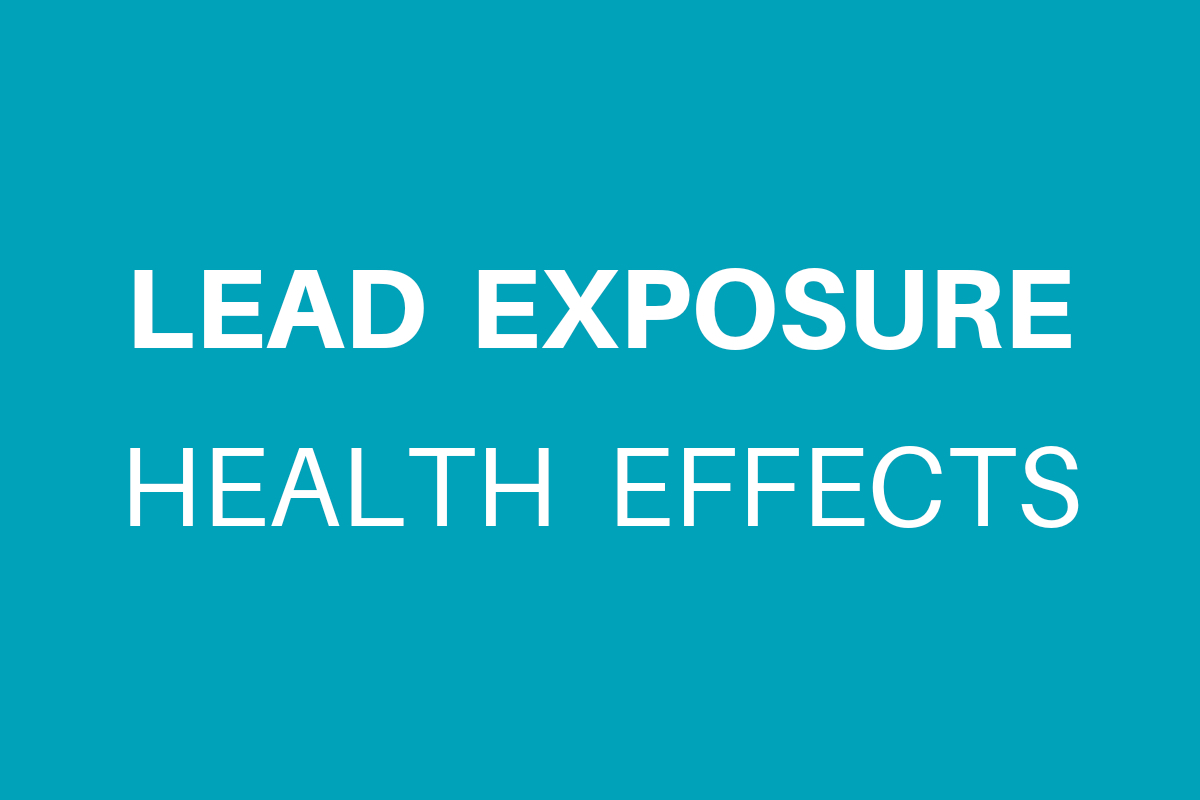As news stories continue to spread about individuals being exposed to lead through drinking water in cities across the country, many people are asking: How can lead exposure impact my health? What are some of the effects lead can have on the human body? How can lead affect my children? The answer is that lead can have a number of different negative effects on the health of both adults and children. There is no safe level of lead in the human body, and even low concentrations of lead in the blood can cause damage.
For adults, lead exposure can cause a wide range of health problems—from headaches and fatigue to kidney damage and increased blood pressure. For pregnant women, exposure to lead can cause reduced growth of the fetus and premature birth. For both men and women, lead exposure can cause reproductive problems.
Children are at even greater risk when it comes to lead exposure because it only takes a smaller amount of lead to have a negative impact, and because their bodies and minds are still developing. Exposure to lead through drinking water can cause children to have decreased bone and muscle growth, behavior problems, learning disabilities, lower IQ, hearing loss, nervous system damage, and anemia. Oftentimes children experiencing symptoms as a result of elevated lead levels in their blood are misdiagnosed as having other illnesses.
Because lead exposure can cause so many problems—especially for children—it’s important to take measures to prevent exposure. That may include having your water tested to find out if there is lead in it, and—if it is present—taking any necessary steps (like replacing lead pipes or using a lead-certified whole-home water filter) to eliminate lead from your water.



